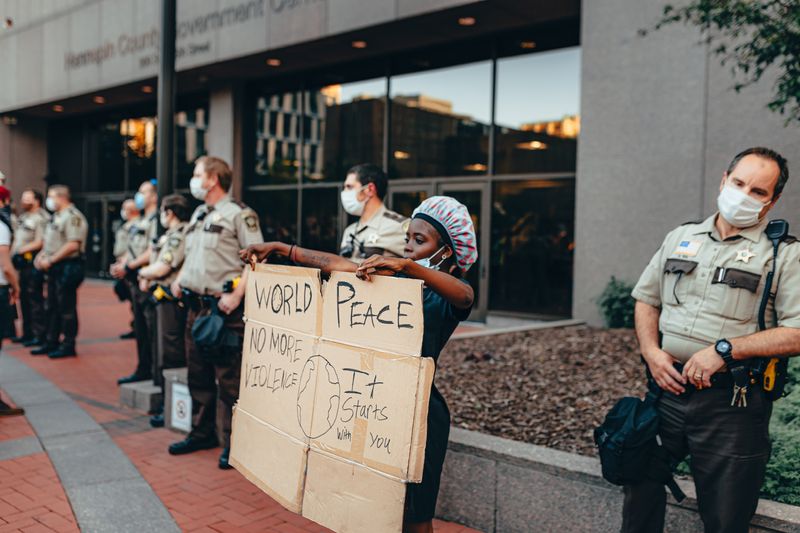Table of Contents
Amnesty International Condemns Recent Executions in Bangladesh
Continued Use of the Death Penalty Raises Concerns
Amnesty International, a leading global human rights organization, has strongly condemned the recent executions of two men on death row in the Rajshahi Central Jail of Bangladesh. The death penalty expert at Amnesty International, Chiara Sangiorgio, expressed deep concern over the persistent use of the death penalty in Bangladesh, describing it as a callous disregard for the right to life.
The Death Penalty as a Violation of Human Rights
Amnesty International firmly believes that the state should not have the right to take anyone’s life in the name of justice. Sangiorgio emphasized that there is a growing number of abolitionist countries around the world, reinforcing the position that the death penalty is never the solution. Regardless of the crimes committed, no individual should be subjected to such a cruel, inhuman, and degrading punishment.
The Question of Deterrence
It is worth noting that there is no credible evidence to suggest that the death penalty has a unique deterrent effect. Despite this lack of empirical support, Bangladesh continues to impose death sentences and carry out executions. Amnesty International calls upon the Government of Bangladesh to reflect upon this and establish an official moratorium on executions with the ultimate goal of abolishing the death penalty altogether.
Ensuring Fair Trials and Reviewing Cases
In addition to calling for the abolition of the death penalty, Amnesty International urges the Bangladeshi authorities to review the cases of all individuals currently under a death sentence. This process should aim to commute their sentences or provide them with a fair retrial, without resorting to the death penalty. It is essential that the legal system and judicial practices in Bangladesh align with fair trial guarantees to ensure justice for all.
The Disturbing Figures
Media reports indicate that the executions of Mia Mohammad Mohiuddin and Jahangir Alam, convicted in the murder case of Rajshahi University teacher Prof S Taher Ahmed in 2006, were carried out on July 27, 2023. These executions add to a troubling pattern, as Amnesty International recorded at least 13 people being executed in Bangladesh between January 2018 and December 2022. Furthermore, during the same period, trial courts imposed a staggering 912 death sentences. As of December 2022, it is estimated that around 2,000 individuals are currently facing the sentence of death in Bangladesh.
It is crucial to highlight that earlier this year, another man was executed for murder at Kashimpur Central Jail in Bangladesh, underscoring the urgency with which the issue of the death penalty must be addressed.
Amnesty International’s Ongoing Advocacy Against the Death Penalty
Amnesty International’s opposition to the death penalty is firm and unwavering. The organization unequivocally opposes the death penalty in all cases and under any circumstances. Every year, Amnesty International publishes a comprehensive report that presents figures and analyzes trends for each country. The latest report, “Death Sentences and Executions 2022,” released in May 2023, provides a detailed examination of the death penalty’s global landscape.
Conclusion
The recent executions in Bangladesh, and the persisting use of the death penalty, are deeply concerning from both a humanitarian and philosophical standpoint. The fundamental right to life must be upheld and cherished by any government that claims to prioritize justice and human rights. Amnesty International’s call for an official moratorium on executions, leading to the eventual abolition of the death penalty in Bangladesh, should not be dismissed lightly.
Bangladesh must recognize the lack of credible evidence supporting the death penalty’s efficacy as a deterrent and take steps towards aligning its legal system with fair trial guarantees. The review of cases involving individuals currently under a death sentence is crucial, as it presents an opportunity to address any potential miscarriages of justice and ensure that any punishment is just and proportionate.
As the global trend towards the abolition of the death penalty continues, it is time for Bangladesh to consider joining the growing number of abolitionist countries. By doing so, Bangladesh can demonstrate its commitment to protecting human rights, upholding justice, and promoting a more humane and compassionate society.

<< photo by Josh Hild >>
The image is for illustrative purposes only and does not depict the actual situation.
You might want to read !
- Remembering the Tragic Loss: Reflections on the One-Year Anniversary of the Ukrainian POWs’ Fatal Explosion
- Istanbul Police Under Fire: Allegations of Mistreatment and Brutality Against Peaceful Protesters
- South Sudan: A Call for Revising the National Security Service Bill
- Kuwait’s Unsettling Execution Trend: Five Lives Lost in Continuing Spree
- The Ongoing Tragedy of Unjust Drug Executions in Singapore
- Democracy Under Threat: Assessing Rights in Post-Coup Niger
- Zimbabwe’s Uphill Battle: Elections Amidst Systematic Human Rights Abuses
- Nigeria’s Need for Transparency: Unveiling the Identities of #EndSARS Protesters Slated for Mass Burial
- Cover-Up in Mali: The Hidden Brutality of the Malian Army and Alleged Involvement of Wagner Fighters
- The ICC Affirms Inquiry into Philippines’ Human Rights Violations
- Burkina Faso’s Army: A Dark Shadow of Unlawful Killings and Enforced Disappearances
- The Philippine Government Under Marcos: A Failing Stance on Human Rights